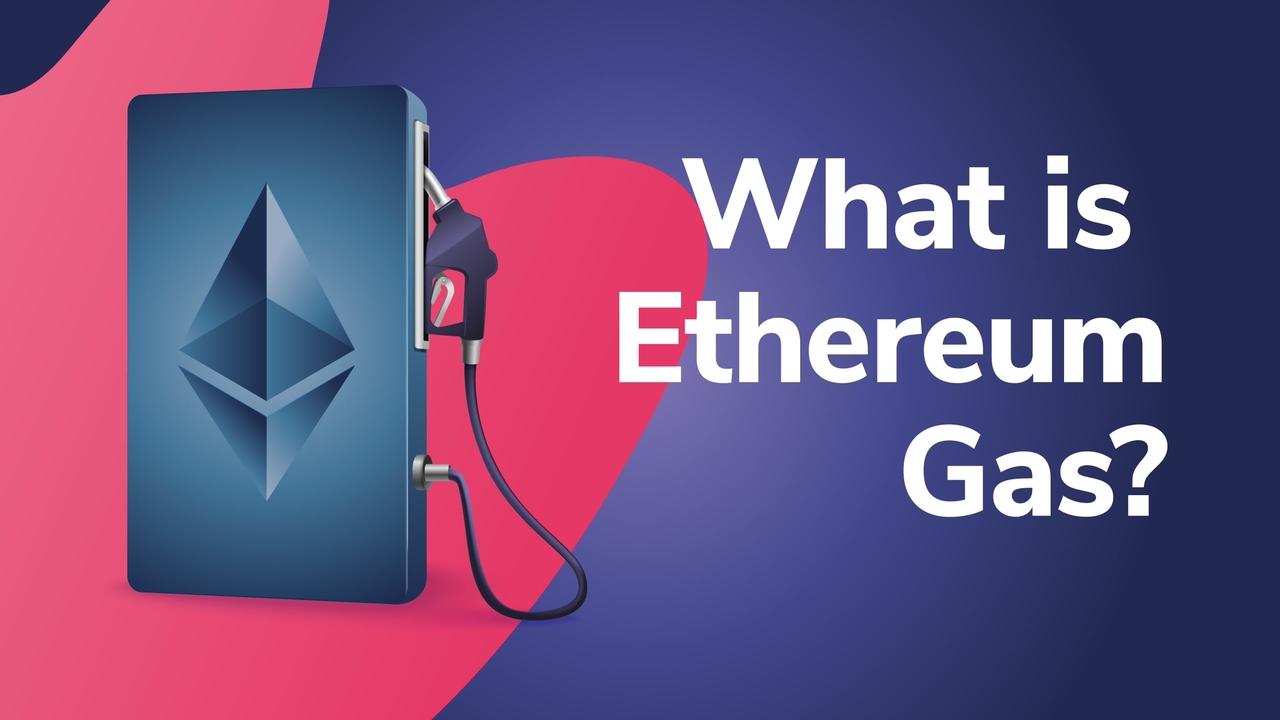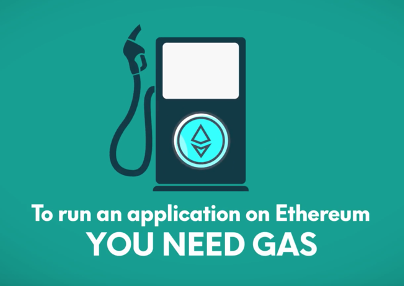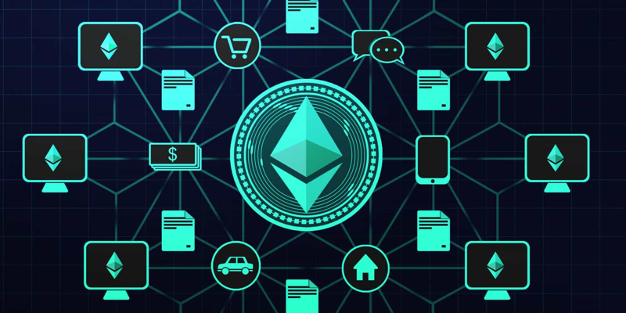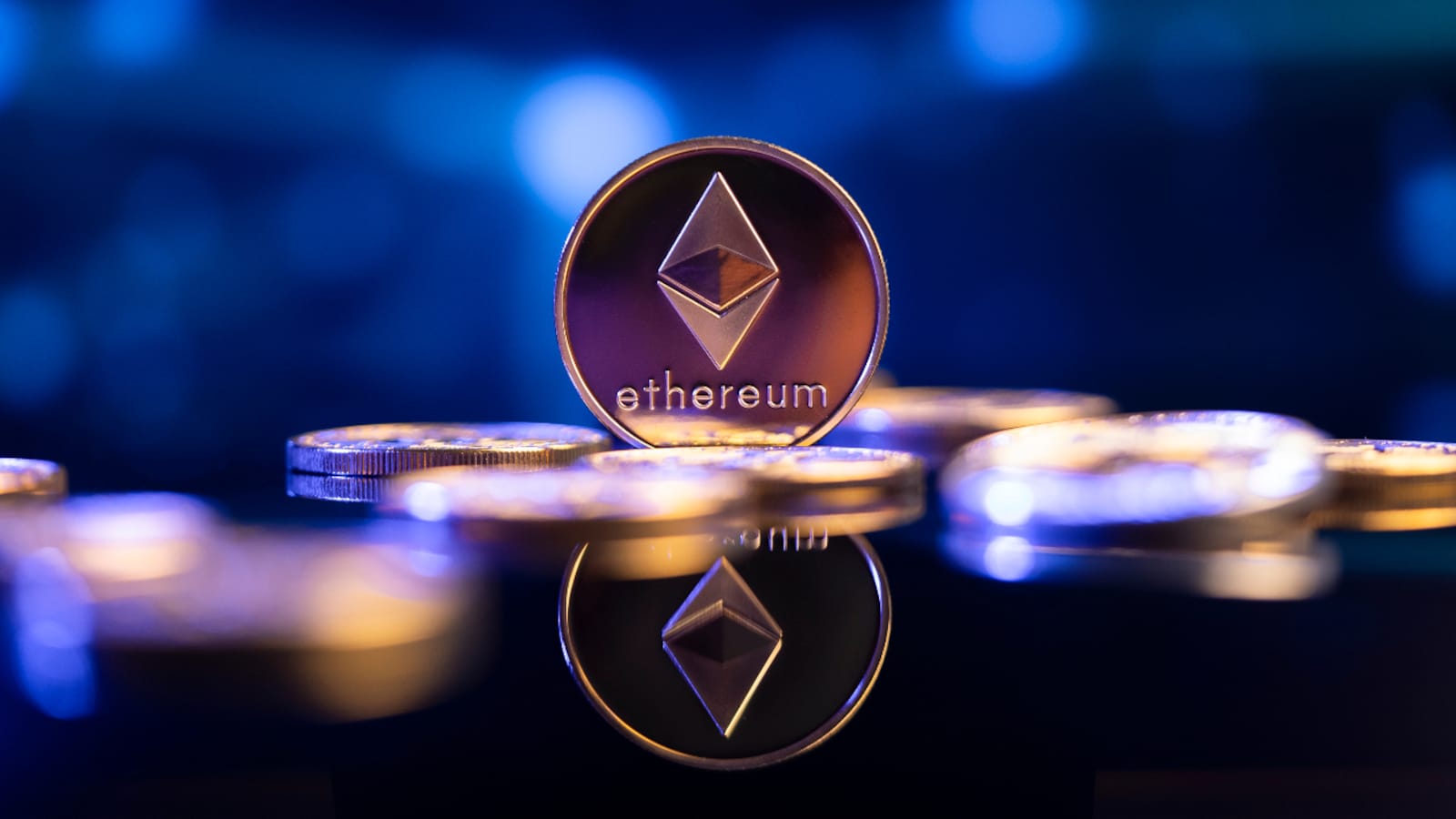🌟 Exploring Ethereum Gas: Understanding its Role and Importance! 🌟
 Harsh Fichadiya
Harsh Fichadiya
Welcome, crypto enthusiasts, to an exciting journey into the world of Ethereum! 🚀 Today, we're diving into a fundamental concept that powers the Ethereum network: gas. 🛢️ But wait, what is gas, and why is it needed? Let's unravel the mystery together! 💡
Gas: The Fuel for Ethereum's Engine ⛽
Picture Ethereum as a decentralized supercomputer, executing smart contracts and processing transactions. Just like a car needs fuel to run, Ethereum needs "gas" to perform these actions. 🚗💨 But here's the catch – we're not talking about the gas you pump into your vehicle; Ethereum gas is a virtual resource that powers operations on the blockchain.

📌 Gas Price and Gas Limit:
Think of gas as a measure of computational work required to process an action on Ethereum. Every transaction or smart contract execution consumes a certain amount of gas. The "gas price" is the amount of Ether (ETH) you're willing to pay per unit of gas, and the "gas limit" is the maximum amount of gas you're willing to use for a transaction.
Why Gas Matters: ⚙️
Resource Allocation: Gas ensures fairness in resource allocation. Transactions that require more computational power or storage space will consume more gas, reflecting their complexity.
Preventing Spam and Misuse: By attaching a cost to transactions, Ethereum discourages spam and malicious activities. It's like having a toll on the highway to prevent congestion.
Miner Incentives: Miners are the backbone of the Ethereum network. They process transactions and are incentivized with gas fees. High gas fees encourage miners to prioritize transactions with higher fees, making the network efficient.
Smart Contracts: Gas is crucial for executing smart contracts, which are self-executing agreements with predefined rules. Complex smart contracts require more gas, ensuring the network remains secure and robust.
Gas in Action: ✨

Imagine you're sending ETH to a friend or executing a smart contract. Here's how gas comes into play:
Choose Gas Price and Limit: You set the gas price (how much you're willing to pay) and the gas limit (the maximum amount of gas).
Transaction Execution: The Ethereum network processes your request, consuming the necessary amount of gas as per the transaction's complexity.
Gas Fee Payment: You pay the gas fee in ETH, calculated as
Gas Used × Gas Price.Miner Validation: Miners compete to validate transactions with higher gas fees, ensuring faster processing. Once validated, your transaction is added to the blockchain.
Tips for Gas Efficiency: 🛠️
Gas Estimators: Use tools like gas estimators to predict gas fees for your transaction. This helps you set an appropriate gas price and limit.
Gas Token Contracts: Some projects enable users to pay gas fees with tokens other than ETH. This can be cost-effective during periods of high ETH gas fees.
Off-Peak Timing: Consider executing transactions during off-peak times to avoid high gas fees caused by network congestion.
Optimize Smart Contracts: When developing smart contracts, strive for efficiency to reduce gas consumption and lower costs.
So, next time you interact with the Ethereum network, remember that gas is the invisible force propelling the engine of decentralization! ⛽🌐
Conclusion:
⛽🌐 Ethereum gas is the unsung hero of decentralization, powering every transaction and smart contract on the network. Its role in allocating resources, preventing misuse, and incentivizing miners is vital for Ethereum's success. As we navigate the evolving landscape of blockchain, let's remember that behind the scenes, gas is fueling the future of decentralized technology. Keep exploring, keep learning, and keep embracing the power of Ethereum gas! ⛽🚀🌟

And if you're hungry for more knowledge, don't forget to check out our related blogs: 📚 Blockchain Basics: A Comprehensive Introduction to Decentralized Technology 🌐 What is Web3?: Unleashing the Power of a Decentralized Internet
Subscribe to my newsletter
Read articles from Harsh Fichadiya directly inside your inbox. Subscribe to the newsletter, and don't miss out.
Written by
